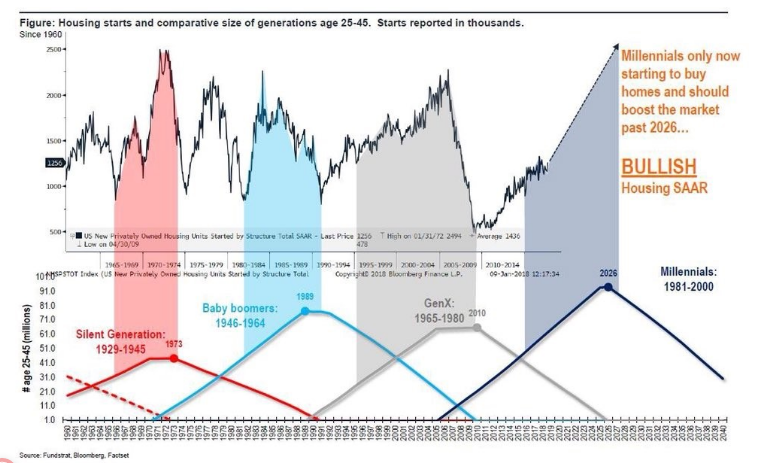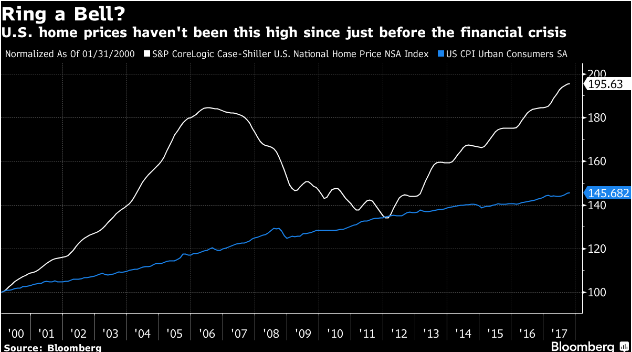Blockchain: Answer to a Problem that doesn't exist
The word blockchain has magical powers. Long Island Iced Tea Company became Long Blockchain Corp. and the stock price surged. If you want to sell a book, put blockchain in the title. Blockchain is supposedly the new big thing.
The standard view is that blockchain is life-changing technology, while bitcoin and the other crypto-currencies, may or may not, survive into the future. I’ve written those words myself, essentially repeating something I heard or read from some tech savant. Perhaps its all bull. The Grant’s Interest Rate Observer of the Air chatted with Kai Stinchcombe, who wonders, “What if there isn’t actually any use for a distributed ledger at all? What if, ten years after it was invented, the reason nobody has adopted a distributed ledger at scale is because nobody wants it?”
Writing for Hackernoon.com, Stinchcombe takes apart bitcoin and the blockchain, bit by bit, starting with the notion of bitcoin providing “a costless, instant way to exchange value without the middleman taking a cut.” Except, there is already such a thing--cash. The author quotes a bitcoin devotee who quipped, “If you invented cash today, it would be illegal too.” During the podcast, Jim Grant made the point that if aspirin were newly invented the FDA would make it illegal. “Blockchain is the answer to a problem that doesn’t exist.”
Visa and Mastercard track fraud disputes and identify buyers and sellers. Stinchcombe explains,“if the goods aren’t as described you’ll get your money back.” Bitcoin does not offer this. “Visa can handle sixty thousand transactions per second, while Bitcoin historically taps out at seven.” writes Stinchcombe. “If you brought Bitcoin’s transaction volume up to Visa’s it would be using as much electricity as the rest of the world put together.”
There are plenty of stories about accounts being hacked and bitcoin being lost, with no recourse. No FDIC guarantees and the like. “Bitcoin is what banking looked like in the middle ages — ’here’s your libertarian paradise, have a nice day.’”
Smart contracts are believed to be the wave of the future, all stored on the blockchain. “in theory, contracts written in software are cheaper to interpret — because their operation is literally mathematical and automatic, there are no two ways to interpret them, which means there’s no need for expensive legal battles.”
Except, it turns out, “Even the most die-hard blockchain enthusiasts actually want a bunch of humans arguing about the underlying intention behind a contract, rather than letting the software self-execute.”
Storage is mentioned often for blockchain. But the cost is significant, writes Stinchcombe, “ the bitcoin blockchain has consumed almost a billion dollars worth of electricity to hash an amount of data equivalent to about a sixth of what I get for my ten dollar a month dropbox subscription.”
Cost and alternatives never seem to be part of the new world of blockchain discussion. “With all the money spent on bitcoin cash registers, nobody went out and did a survey about whether most credit card users would be willing to give up their frequent flyer miles in return for also losing the ability to dispute a transaction,” writes Stinchcomb.
“The implication of everything you say,” Jim Grant said to Stinchcombe, “this is a bubble and the price is going to zero.”






